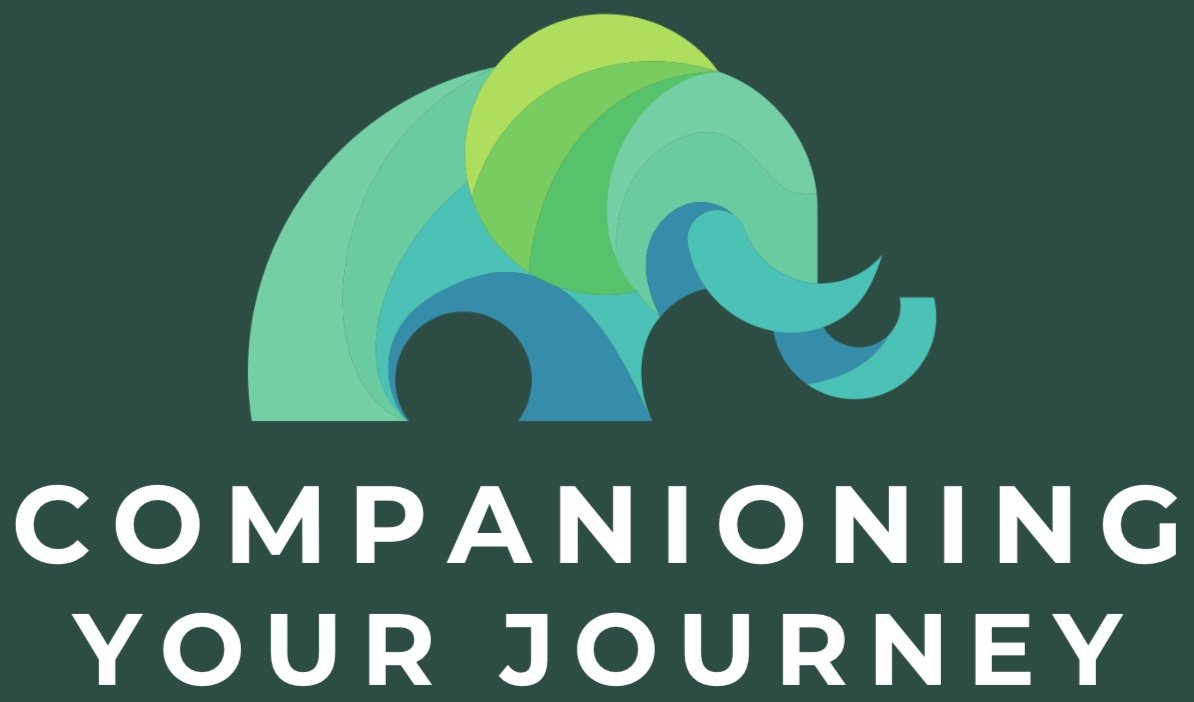Psychology of a Scare
It is that time of year again and you may just find yourself watching a scary movie or going to a haunted house, but why do we seek out what scares us? You may get scared, but you can't help but enjoy it. This paradox is at the heart of our fascination with fear and why we willingly subject ourselves to terrifying experiences. In this blog, we will delve into the psychology behind why we like being scared and the many ways fear can be an exhilarating and enjoyable emotion.
Why We Love a Good Scare
The Brain's Pleasure Response
When we encounter a frightening situation, our brains release a surge of chemicals, including adrenaline and endorphins. These natural chemicals are responsible for the "fight or flight" response and give us a rush of energy. The combination of adrenaline and endorphins creates a feeling of euphoria, similar to the sensation of being on a roller coaster or winning a game. The body's reward system kicks in, reinforcing the idea that fear can be pleasurable.
Sense of Accomplishment
Facing one's fears can also provide a sense of accomplishment. When we willingly enter scary situations, such as haunted houses or horror movies, we prove to ourselves that we can handle fear. This sense of mastery over our emotions and the environment can boost self-esteem and confidence. It's as if we are saying, "I survived that, and I can handle even scarier things in the future."
Catharsis and Stress Relief
Experiencing controlled fear can also be a form of catharsis, or emotional release. It allows us to express and process our anxieties in a safe environment. By confronting fear in a controlled setting, we can temporarily let go of real-life stresses and worries. The adrenaline rush can serve as a kind of emotional reset, leaving us feeling invigorated and relaxed once the fear-inducing experience is over.
Social Bonding
Experiencing fear together can strengthen social bonds. Whether it's watching a horror movie with friends or going to a haunted house as a group, sharing a scary experience can create a unique sense of camaraderie. It's the shared laughter, screams, and post-event discussions that help build stronger connections between individuals.
Novelty and Stimulation
The human brain craves novelty and stimulation. The thrill of being scared offers a break from the monotony of everyday life. It provides an adrenaline rush and an element of surprise that many find incredibly stimulating. People enjoy the challenge of testing their limits and seeking out novel experiences.
Fascination with the Unknown
Fear often arises from the unknown or the supernatural. Many people are inherently curious about things that lie beyond their understanding. This fascination with the unknown draws us to explore the mysteries of the world, making us willing participants in experiences that challenge our beliefs and perceptions.
Conclusion
In the end, our fascination with fear is a complex interplay of biology, psychology, and culture. We seek fear for the thrill, the sense of accomplishment, the catharsis, and the social connections it offers. By engaging with fear in a controlled and safe way, we can reap its benefits without experiencing real harm. So the next time you find yourself at a haunted house or watching a spine-chilling movie, remember that you're not alone in your enjoyment of the adrenaline rush that fear provides – it's a fundamental aspect of human psychology. Embrace the thrill and savor the experience, for in that moment, you are mastering your fear and reaping the psychological rewards it brings.

